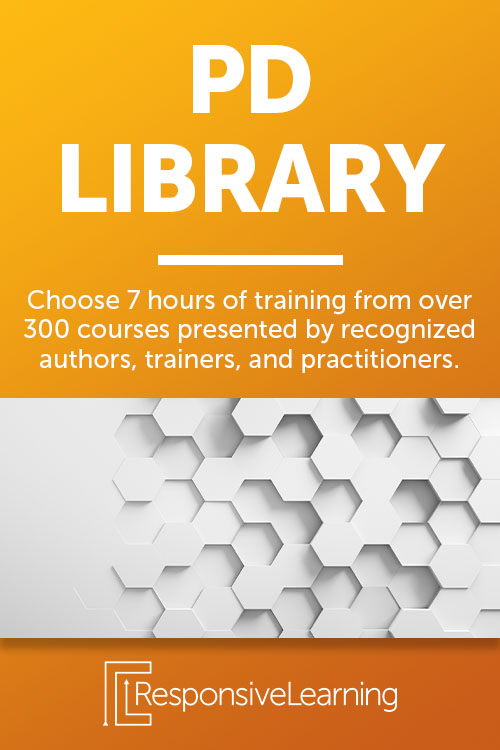When it comes to preparing students with disabilities for their state assessments, how do you decide who’s eligible for an alternative assessment? As a teacher, what are your responsibilities? First and foremost, you’ll need to make some thoughtful considerations as they participate with minimal exceptions. With Keys to Special Education – State Assessments, you can rest assured knowing exactly how to help support your students based on their individual needs.
State Assessment Policy
State assessments are conducted every year to measure the progress of what students have learned and how they can apply their knowledge. Ayo Jones provides the clarity you need to understand which students are required to take the state assessment and who qualifies for an alternative assessment. She is a veteran educator, author, and founder of Noodle Nook – an online resource for teachers in special education.
The State Assessment is administered to students with 504 plans, with allowable accommodations if necessary. The same conditions apply to students with an IEP. However, they may be eligible to take the alternative assessment depending on the extent of their disability and special education services.
If a student with a disability has a native language other than English, they will take either the regular or alternative state assessment depending on their specific needs. The Language Proficiency Assessments Committee (LPAC) will determine their allowable accommodations. Supplemental aids can be used in addition for the regular state assessment, but not the alternative assessment.
Alternative Eligibility
A student must have a significant cognitive disability to be eligible for an alternative assessment, such as an intellectual delay or dysfunction. This includes the inability to comprehend, plan, or reason. They may also require permanent, specialized, and extensive support to access the curriculum.
Another participation requirement involves intensive and individualized instruction. Their individual supports are universal and cover all instructional settings. Therefore, if a student qualifies for one content area, they automatically qualify for all areas. The IEP committee will determine if a student meets the participation requirements for eligibility.
If a student with disabilities cannot access and participate in their grade-level standards through prerequisite skills, they may be eligible for the alternative assessment. The student’s participation is not based on any additional factors other than a significant cognitive disability. For example, the likelihood of passing their English language designation cannot be used as a valid reason to participate in the alternative assessment.

Allowable Accommodations
Accommodations for students with disabilities should be included as part of your routine instruction if they are required for state assessments. Jones emphasizes, “The key to testing supports is that the student routinely, independently, and effectively receives this designated support during classroom instruction and classroom testing.”
Some examples of presentation accommodations include braille, digital tools, and large print. Be sure to provide these options long before testing. Response accommodations can be offered through calculation aids, spelling assistance, and basic transcribing.
Environmental accommodations allow for reduced distractions, small group settings, and structured reminders. Lastly, scheduling accommodations can provide extra time, supplemental aids, and multiple breaks. Remember to use these accommodations with purpose consistently to help your students succeed.
Interested in learning more about how you can help your students grow and thrive? Explore the course demo on Keys to Special Education – State Assessments today!

